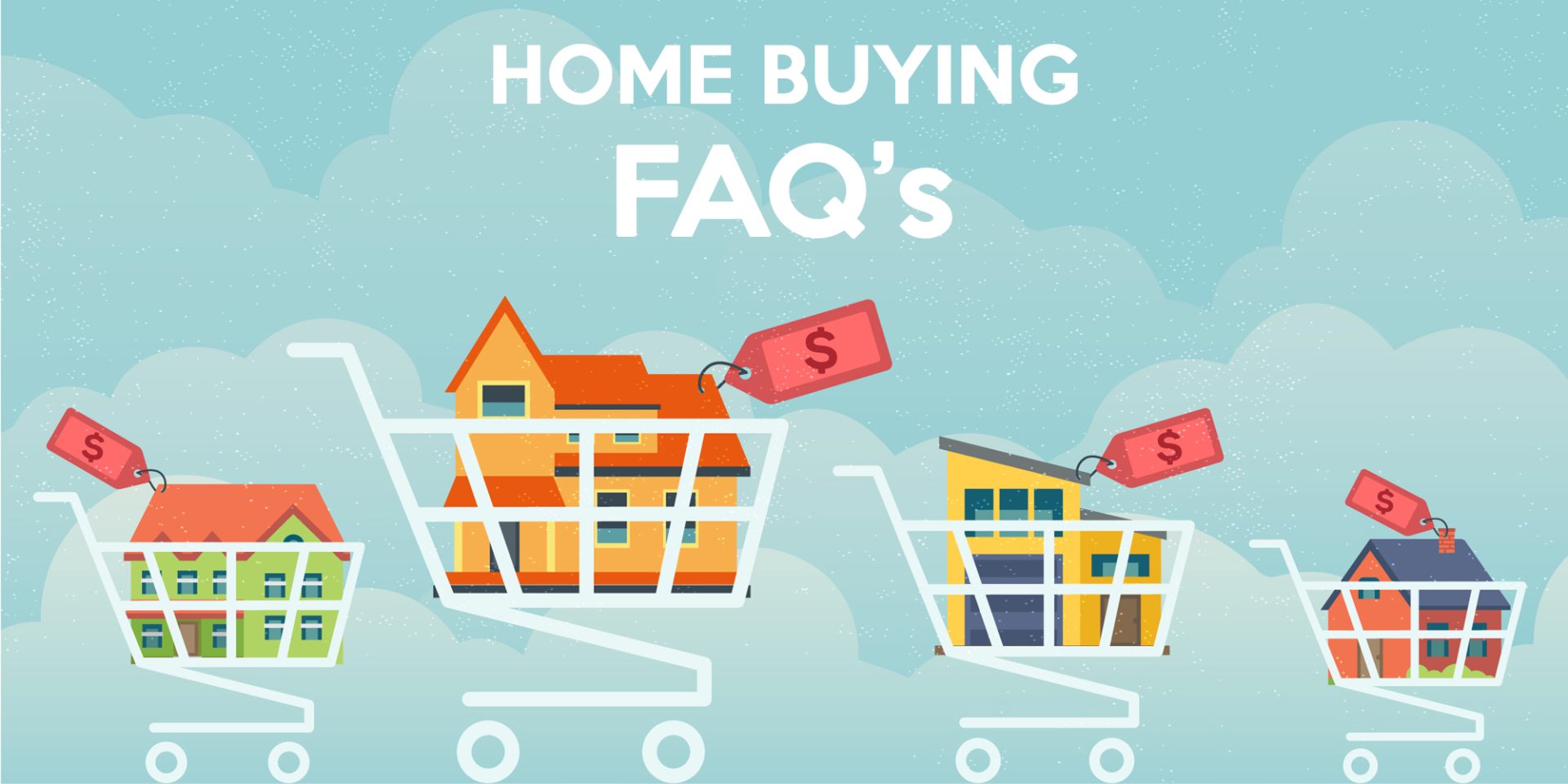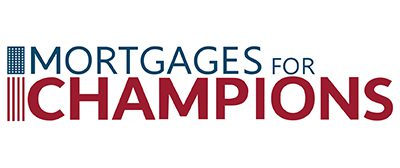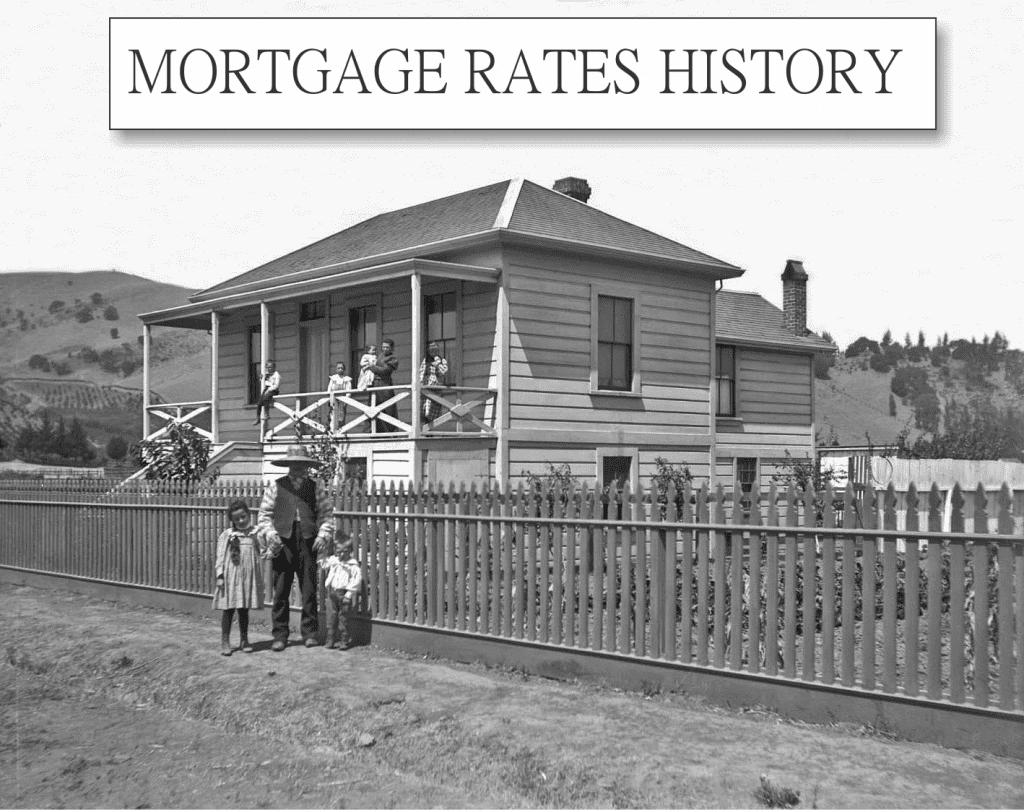
When it comes to buying a house, many people have a lot of different questions and it can get confusing and frustrating. Here’s the checklist of the most popular questions and answers for you!
Q: How much house can I afford?
A: Most budgets suggest you reserve 28% of your post-tax income for house payments that includes your homeowners insurance and property tax. For example, if you make $80,000 after taxes a year, 28% of that is $22,400 or a little less than $1,866 per month. However, everyone is in a different situation when it comes to the bottom line. For example, you might also have a student loan or car payment you are also responsible for. Bottom line is, you should find a monthly payment you are comfortable with.
Q: Should I buy or continue to rent?
A: Well here are some questions you should ask yourself. Are mortgage rates low? Do you want to live in the same city for at least five years? Is rent rising in your city? Do you wish you can customize your home to fit your taste? If you answer “yes” to most of these questions, then you should buy your next home!
Q: Wait, there are closing costs? How much?
A: Closing costs, also known as settlement costs, are fees that are charged for services that must be performed to process and close your loan application. Examples of the fees are title fees, recording fees, appraisal fees, credit report fees, pest inspection fees, attorney’s fees, taxes, and surveying fees. The lenders will provide you with two documents – the Loan Estimate and the Closing Disclosure. They help outline your closing costs so you will not be surprised when you close in on a loan.
The cost of closing varies depending on your geographic location. For more information on your closing cost, ask your loan expert and they will be glad to go over the costs for you.
Q: Do I really need a real estate agent?
A: If you find yourself going through the paperwork you do not understand, then yes you really do need one. There are many things you can gain from an agent. For example, they have access to Multiple Listing Service (MLS) database, they are experienced in negotiating a home price, they are there for your legal protection and they will be able to fill out all the detailed paperwork on your behalf.
If you want a real estate agent, feel free to ask your loan officer for who they recommend. They have a list of realtors they have a great connection with who will help you buy or sell your house.
Q: Help! I want to buy a house while I am selling my house! Is this even possible?
A: This may seem like a daunting task, but don’t worry! It CAN be done successfully! First thing you got to do is hire an experienced real estate agent in your area. You will want a professional who understands the dynamics of your needs and can handle both selling and buying your house accurately and expeditiously.
Second, use their negotiation power to extend the window before your closing date. Instead of your typical 45 day closing period, extend the time to 60 or 90 days to ensure you enough time to find your next perfect house. If your sale isn’t completed first and you have no other choice but to own two homes temporarily, you can consider short-term financing, such as a bridge loan.
For more information or if you have any other questions, feel free to reach out to us, fill the form or contact us at 973-577-7008. One of our loan experts are ready to take your call and answer any questions you have.









